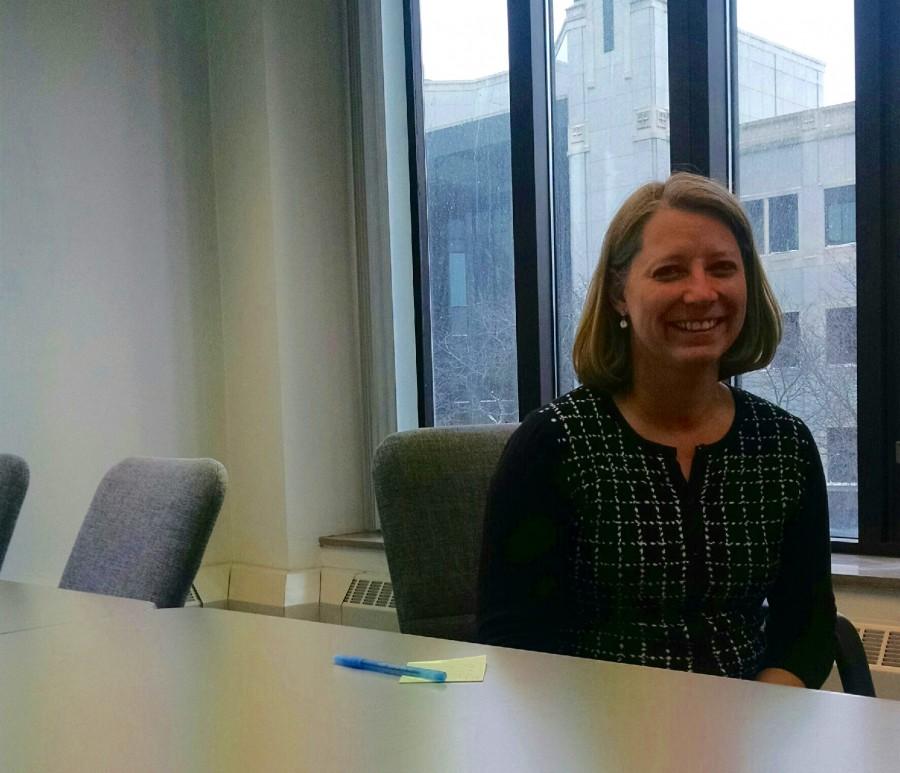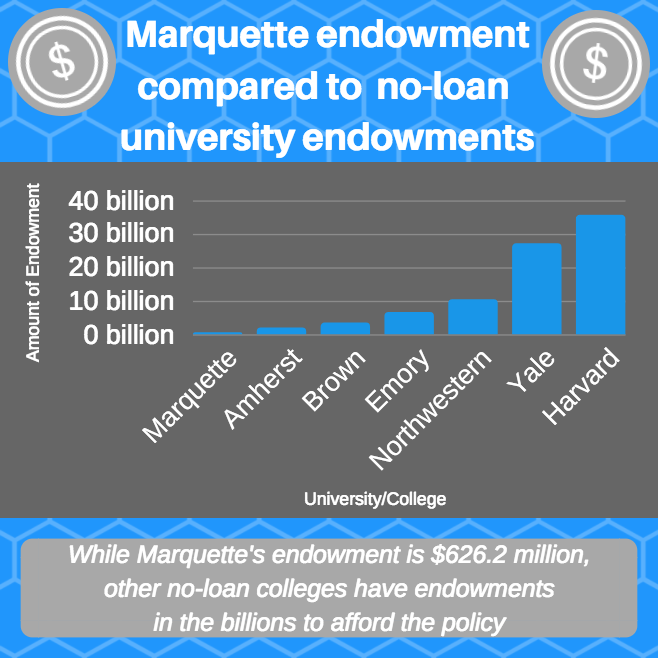The Office of Research and Sponsored Programs is making the leap from paper to digital by implementing Kuali, a system to manage grant proposals.
Kuali is an electronic grant proposal product that uses cloud-based technology to manage the application, award, budgeting and close-out phases of each grant.
It also has modules for financial conflicts of interest; the Institutional Review Board, which focuses on human research subject rights; and the Institutional Animal Care and Use Committee, which focuses on animal research subject rights.
The program is slated to be implemented by 2017. It is in the early stages of being developed by the ORSP and university human resources, finance and IT services.
ORSP Executive Director Katherine Durben said the office selected Kuali because it is cost-effective and makes the grant application processes more efficient.
“(Kuali) is a really comprehensive system that allows the people who need to access the information to that particular grant that access,” Durben said. “(ORSP) wanted something that was pretty intuitive, that you wouldn’t need to spend hours trying to figure out how to do this. We wanted it to be really simple.”
Faculty, students and staff will be able to submit grant proposals and view each grant’s progress under the password-protected system.
ORSP grant proposals are currently processed with paper. Durben said Kuali will make the process faster and the communication among committees, boards and offices better – which can enhance the amount of research done in the future.
“Right now (ORSP) has its own system, the IRB has its own system, so if we have a grant application that requires human subject’s approval we have to ask if its not automatic – there’s no link between them,” Durben said.
Ben Kennedy, the research compliance officer for human subjects and radiation safety, said linked communication between grant proposers and boards, offices and committees will enhance grant development and research.
“For example, a researcher may have a project they plan to submit a grant for, and that project involves the use of humans as research subjects,” Kennedy said. “In this instance, Kuali would serve as a single interface for both submission and record keeping in regards to grant management and human research compliance.”
Kennedy said once the office understands and implements Kuali, it can apply the product in various ways and not just for grants.
“From a technical perspective, it’s basically an electronic management system,” Kennedy said. “So if you take it from its purest sense then you can have it apply to other areas like, anything that requires a submission, (for example,) a back office approval process.”
Both Durben and Kennedy said the paper-to-digital transition has some obstacles.
“Some challenges are initial and ongoing training and support, as well as the learning curve and adoption for all users,” Kennedy said in an email.
“The information is put in,” Durben said. “So we have to make sure that all the information is accurate, which, you know, it should be.”






